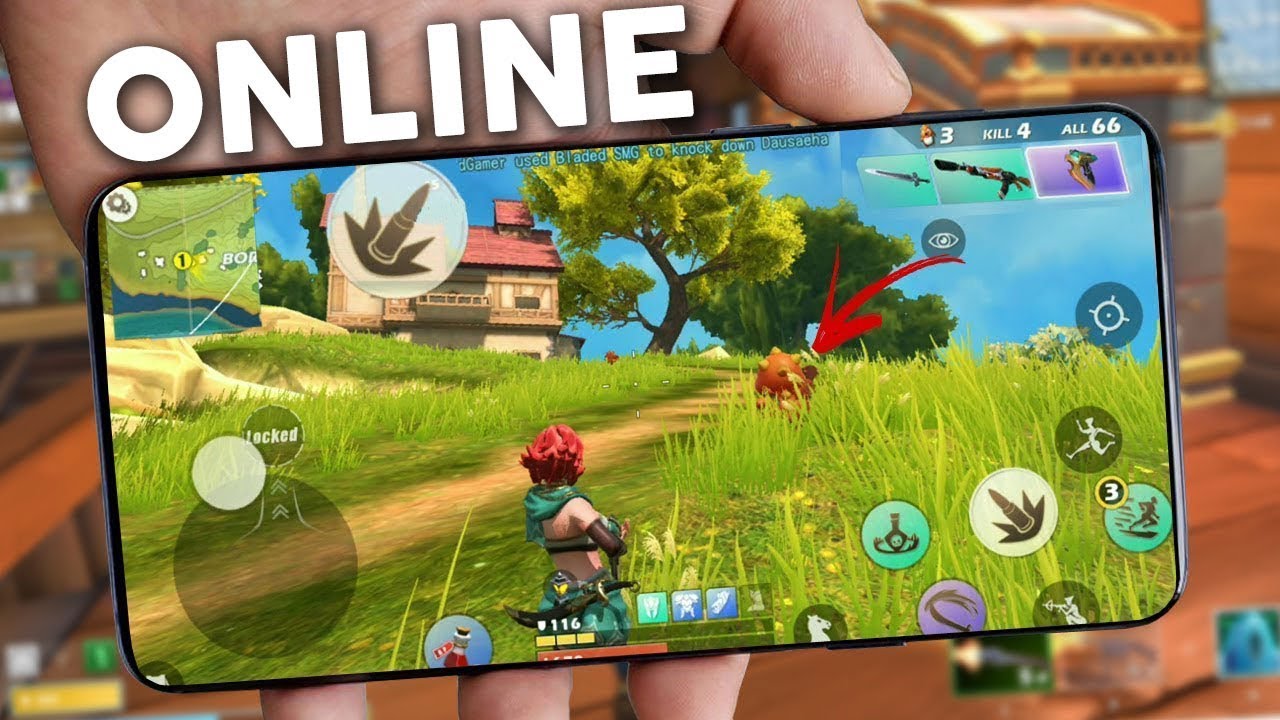In today’s digital age, online gaming has transcended mere entertainment; it has become a vibrant ecosystem of competition, community, and creativity. Whether you’re a seasoned gamer or a curious newcomer, the world of online games offers something for everyone ATM189. In this article, we’ll explore the various facets of online gaming, including its benefits, types of games, and tips for getting started.
The Benefits of Playing Online Games
1. Social Interaction
One of the most significant advantages of online gaming is the ability to connect with people from around the globe. Many online games include multiplayer modes that foster teamwork and camaraderie. Players can form alliances, participate in guilds, or compete against each other, creating a sense of community that transcends geographical boundaries.
2. Cognitive Development
Online gaming often requires strategic thinking, problem-solving skills, and quick reflexes. Many games are designed to challenge players, which can enhance cognitive functions like memory, attention, and spatial awareness. This mental exercise can be particularly beneficial for younger players, helping them develop skills that can be applied in real-world situations.
3. Stress Relief
Engaging in an immersive online game can serve as a form of escapism, allowing players to unwind and take a break from everyday stressors. The interactive nature of gaming provides a sense of achievement and progression, which can boost mood and overall well-being.
4. Accessibility
With the rise of mobile gaming and user-friendly platforms, online games are more accessible than ever. Players can enjoy gaming on various devices, including smartphones, tablets, and computers, making it easy to play anytime, anywhere. Many games are free to play, allowing individuals to explore different genres without financial commitment.
Types of Online Games
The online gaming landscape is incredibly diverse, featuring numerous genres to suit different tastes. Here are some of the most popular categories:
1. Multiplayer Online Battle Arena (MOBA)
In MOBA games, players control individual characters in team-based battles, usually involving strategic planning and teamwork. Titles like League of Legends and Dota 2 have gained massive followings due to their competitive nature and engaging gameplay.
2. Massively Multiplayer Online Role-Playing Games (MMORPG)
MMORPGs immerse players in expansive worlds where they can create characters, complete quests, and interact with other players. Popular examples include World of Warcraft and Final Fantasy XIV. These games often feature intricate storylines and vast environments to explore.
3. First-Person Shooters (FPS)
FPS games put players in the middle of the action, offering fast-paced gameplay and intense competition. Titles like Call of Duty and Counter-Strike focus on shooting mechanics, teamwork, and strategy.
4. Casual Games
For those looking for a more relaxed gaming experience, casual games like Candy Crush Saga or Among Us provide simple yet addictive gameplay. These games are easy to pick up and often include social elements that allow players to connect with friends.
Tips for Getting Started with Online Gaming
1. Choose the Right Platform
Before diving into online gaming, consider what platform suits your needs best. Whether it’s a gaming console, PC, or mobile device, each has its advantages and game availability.
2. Start with Free-to-Play Games
If you’re new to online gaming, starting with free-to-play titles can be a great way to familiarize yourself with different genres without any financial risk. Explore various games to find what resonates with you.
3. Join Online Communities
Many online games have dedicated communities where players share tips, strategies, and experiences. Joining forums, social media groups, or Discord servers can enhance your gaming experience and help you make new friends.
4. Practice Moderation
While online gaming can be incredibly fun, it’s essential to maintain a healthy balance. Set limits on your gaming time to ensure it doesn’t interfere with other aspects of your life, such as work, studies, or socializing.
